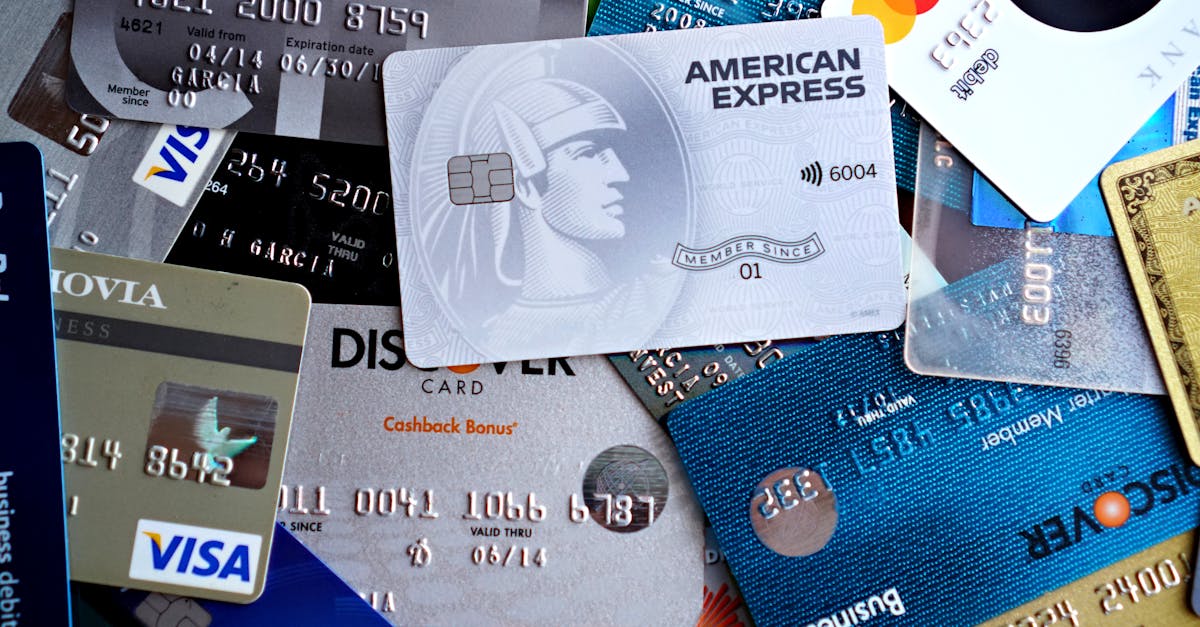Hawaiʻi is navigating a fluctuating financial landscape, particularly concerning consumer debt. While the original news item suggests a steady state for auto loan debt, it's crucial to examine this within the broader context of Hawaiʻi's financial health. According to a recent report from KHON2, Hawaiʻi ranked third in the nation for the greatest increase in consumer debt during the final quarter of 2024, following Vermont and New Hampshire. This indicates an escalating problem that affects various sectors of the local economy.
The increasing debt levels in Hawaiʻi have implications beyond the automotive industry. A rise in auto loan delinquencies, as explored in a theoretical example on YouTube by KHON2 News, potentially affects financial institutions and the availability of credit for other ventures. This situation could make it harder for local small businesses to secure funding, thereby slowing economic growth. However, this is just one piece of the puzzle.
WalletHub's analysis provides some context, indicating states where auto loan debt is decreasing, which can offer comparative insights. While the data from the source is from March 2025, and doesn't feature Hawaii, understanding national trends around auto loan debt, especially in comparison to states with similar economic profiles, are critical. Further analysis from WalletHub also details states where auto loan delinquency is increasing the most, providing another layer of understanding of consumer credit health.
For Hawaiʻi, monitoring these trends and implementing strategies to promote financial literacy and responsible borrowing becomes crucial for economic stability. This includes supporting local credit unions, offering financial counseling, and educating consumers about their financial options.



